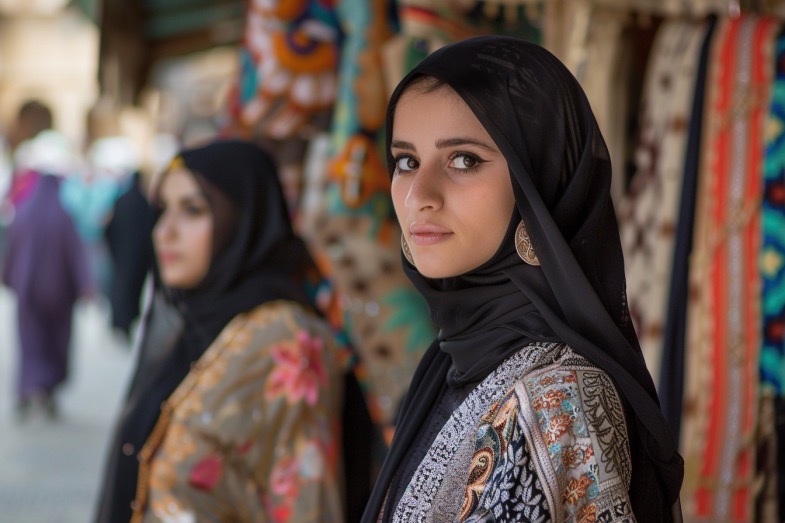Protesters Flood the Streets of Tbilisi in Opposition to Controversial Foreign Influence Law
TBLISI — The streets of Tbilisi were filled with thousands of passionate demonstrators once again as they voiced their opposition to the contentious foreign influence transparency law.
The highly debated draft legislation mandates that media and non-commercial organizations must register if they receive over 20% of their funding from overseas sources.
Detractors have labeled the bill as ‘the Russian law’, drawing parallels to Moscow’s utilization of similar laws to target media and groups deemed as challenging the Kremlin’s agenda.
Many of the protesters are concerned that the proposed law could erode democracy and jeopardize Georgia’s aspirations to join the European Union.
“I believe we are currently engaged in the most critical battle. It’s a choice between safeguarding our nation and continuing on our European path, or risking the loss of our homeland,” declared demonstrator Ana Subeliani, “However, the enthusiasm and determination shown by the youth present here gives me optimism that we will emerge victorious in the end”.
Despite the strong public backlash, the ruling Georgian Dream party remains steadfast in its commitment to push forward with the legislation.
“They cannot provide a single valid reason as to why this law is detrimental or reminiscent of Russia. Their only complaint seems to be about the name,” remarked Mamuka Mdinaradze, leader of the parliamentary majority.
In a recent online statement, EU foreign policy chief Josep Borrell expressed grave concerns over the parliament’s actions, warning that “the enactment of this law would have a detrimental impact on Georgia’s progress towards EU integration”.
Although President Salome Zourabichvili has vowed to veto the law if it passes in parliament, the ruling party holds the power to override the veto with 76 votes, allowing the parliament speaker to sign it into law.
Further demonstrations, both in support of and against the law, are scheduled to take place in Tbilisi on Monday. — Euronews



